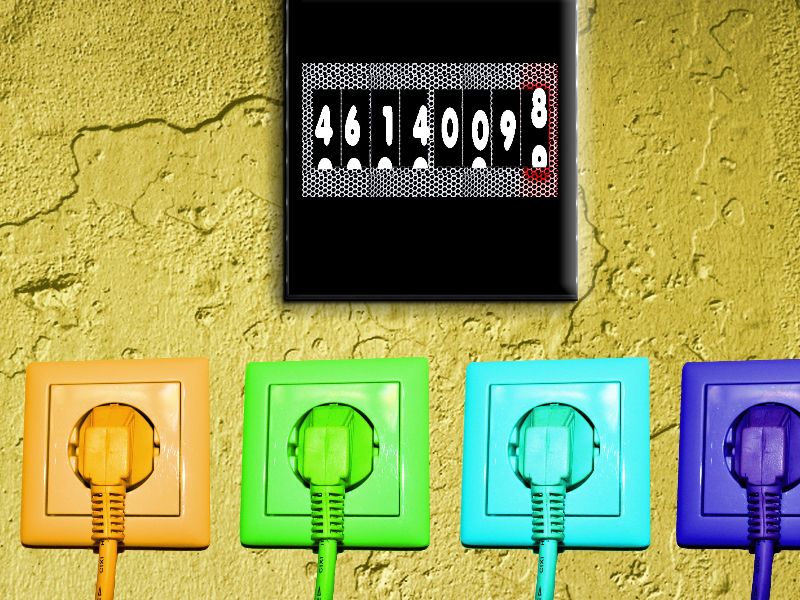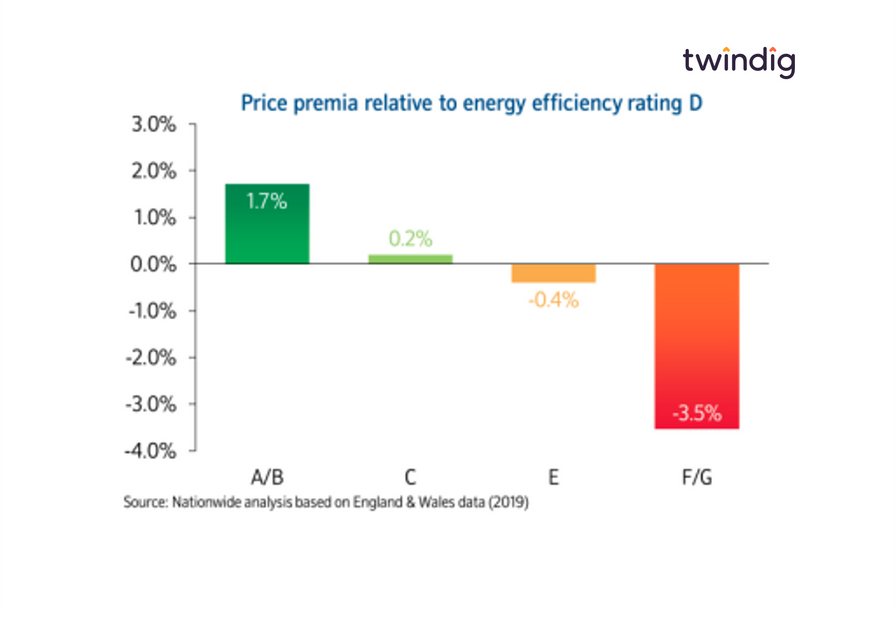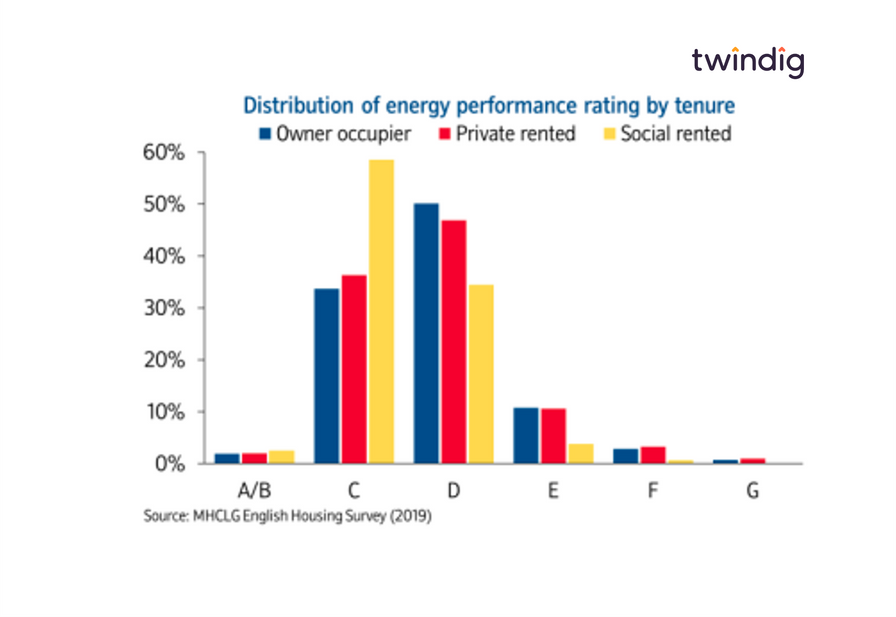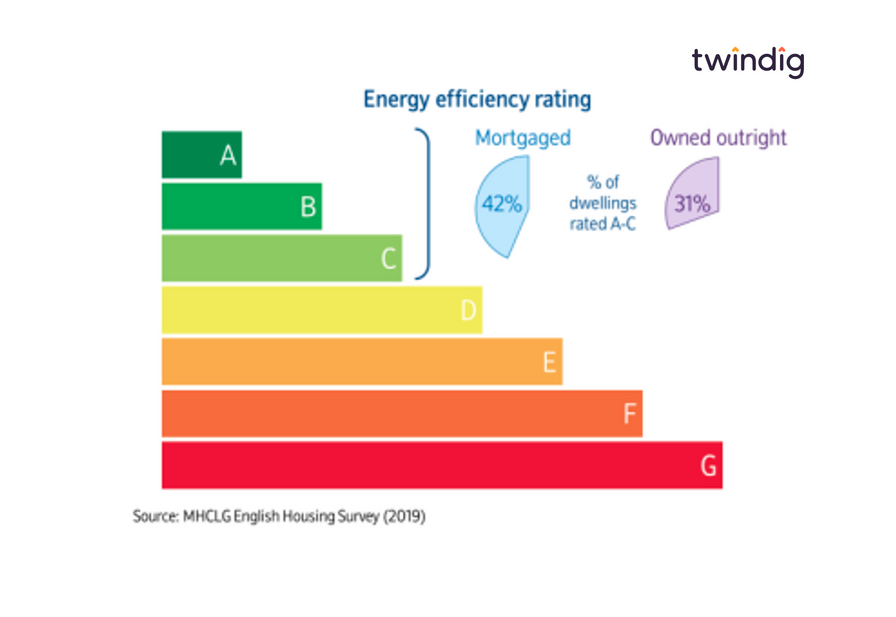Energy, Efficiency, and house price inequality

The climate is a changing
We increasingly live in a world where how we live is causing our climate to change and our weather to become ever more extreme. Climate change was one of the factors recited by my insurance company as they once again raised my home insurance premium – ‘Increased flash flooding and increased subsidence caused by climate change’.
One way to help combat climate change at a global level and your wallet at a local level is to make your home more energy-efficient, a kind of save your money and save the planet win-win.
Our boilers heat the planet as well as our homes
Nationwide recently published a Special Report looking into EPC ratings and house prices. Andrew Harvey, Nationwide’s Senior Economist reported in that “Decarbonising and adapting the UK’s housing stock is critical if the UK is to meet its 2050 emissions targets, especially given that the housing stock accounts for around 15% of the UK’s total carbon emissions.”
It would seem logical therefore that in these climate enlightened times, that homes with better Energy Performance Certificate) EPC rating should achieve better prices when sold.
Do lower carbon homes attract higher prices?
Nationwide crunched the numbers and this is what they found:
“Our analysis suggests that a more energy-efficient property rated A or B attracts a modest premium of 1.7% compared to a similar property rated D (the most commonly occurring rating). There is little difference for properties rated C or E compared with D

Social homes are more social
Socially rented homes are typically more energy-efficient than homes in the private rented sector and those occupied by their owners.

In our view, this probably reflects the higher levels of regulation in the social housing sector.
Homes owned outright are the least climate-friendly
Nationwide looked into EPC Ratings of homes owned with a mortgage and those owned outright. They found that those owned outright had the lowest EPC ratings.
We doubt this has anything to do with the behaviours and beliefs of the homeowners, but rather that those homes owned with a mortgage are likely to be built more recently and therefore more energy efficient.

What financial savings could be had by improving my EPC?
Installing all the recommended energy improvement measures in a home currently rated F or G would save around £1,800 per year. However, the cost of making those improvements is around £26,000 implying a simple payback period of 14-15 years.
Do we need an EPC nudge?
Looking at the costs, it is easy to see why more people do not improve the energy efficiency of our homes. Should the Government step in to encourage socially responsible, climate-friendly changes? There are two main options – the carrot and the stick, to encourage or to penalise. Most would prefer the carrot, and if the rural myths are true the carrot will reduce our need for energy-consuming lighting.